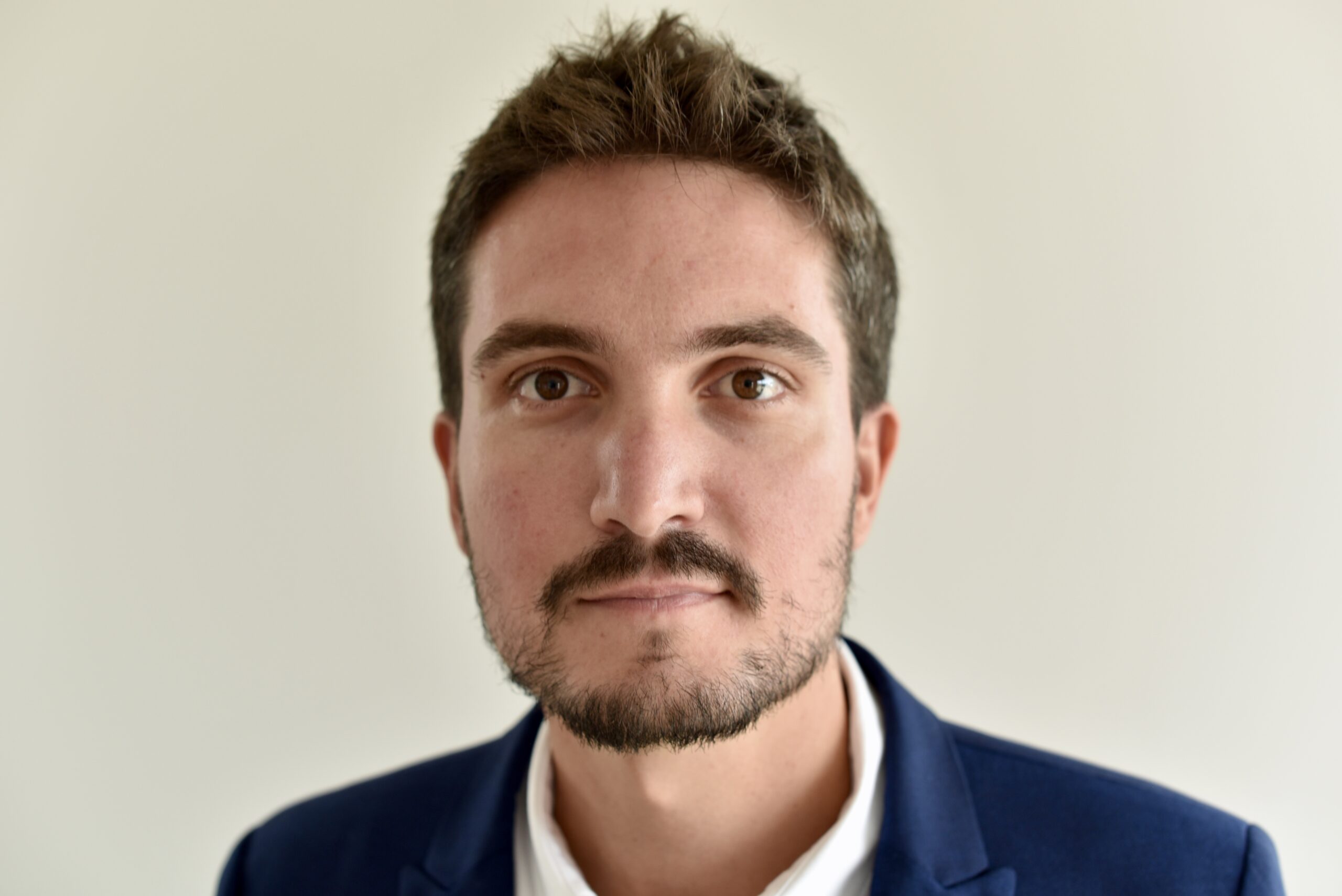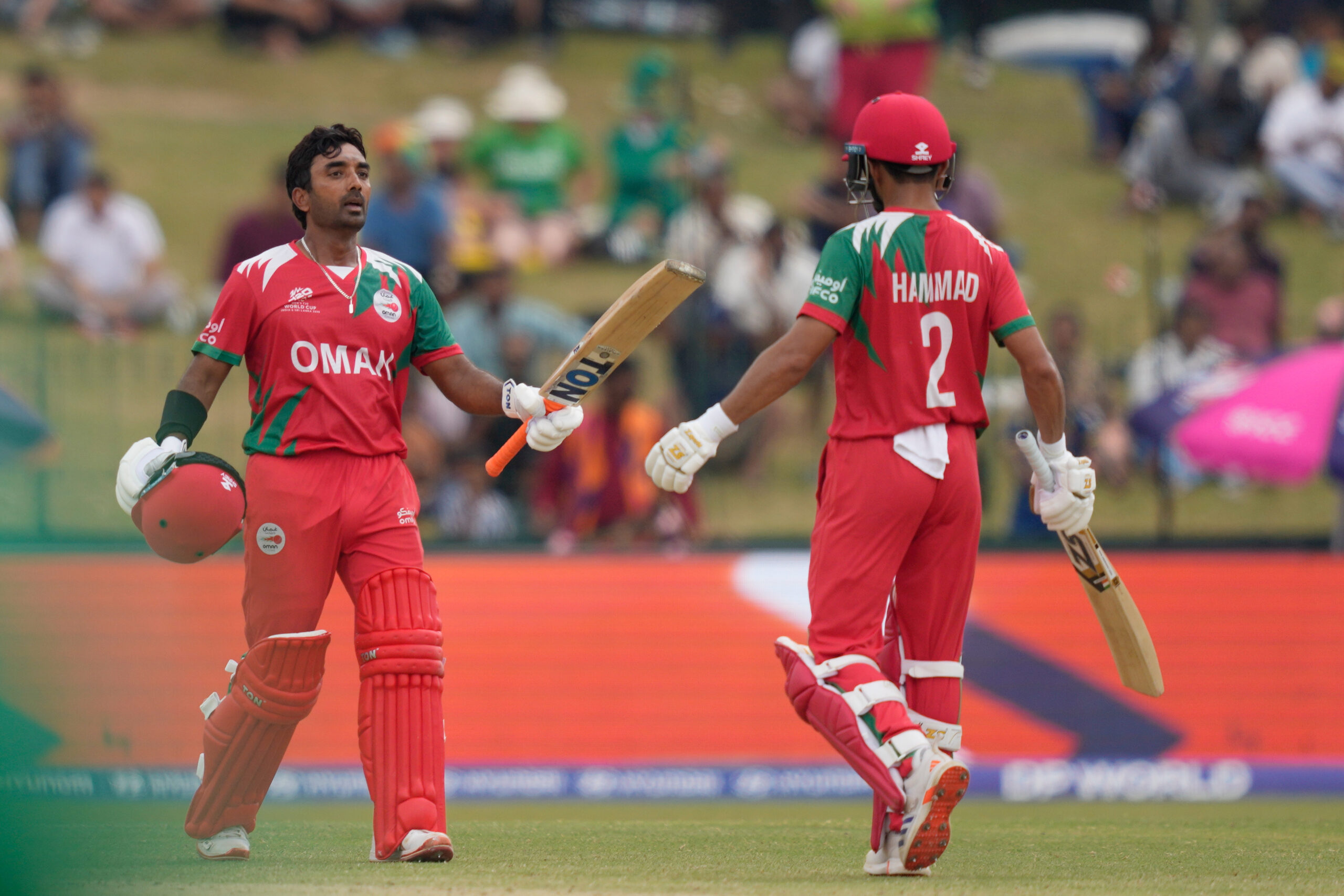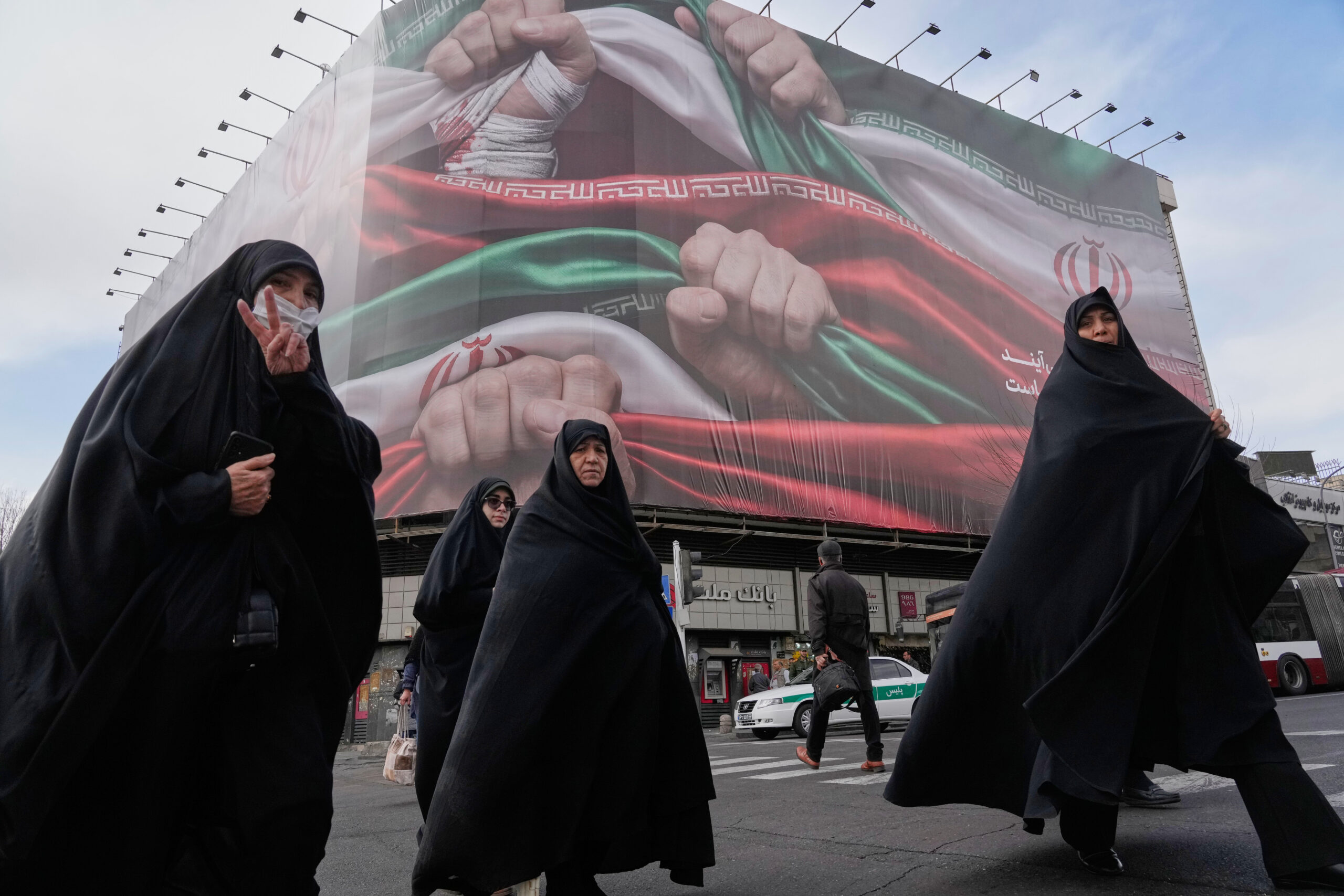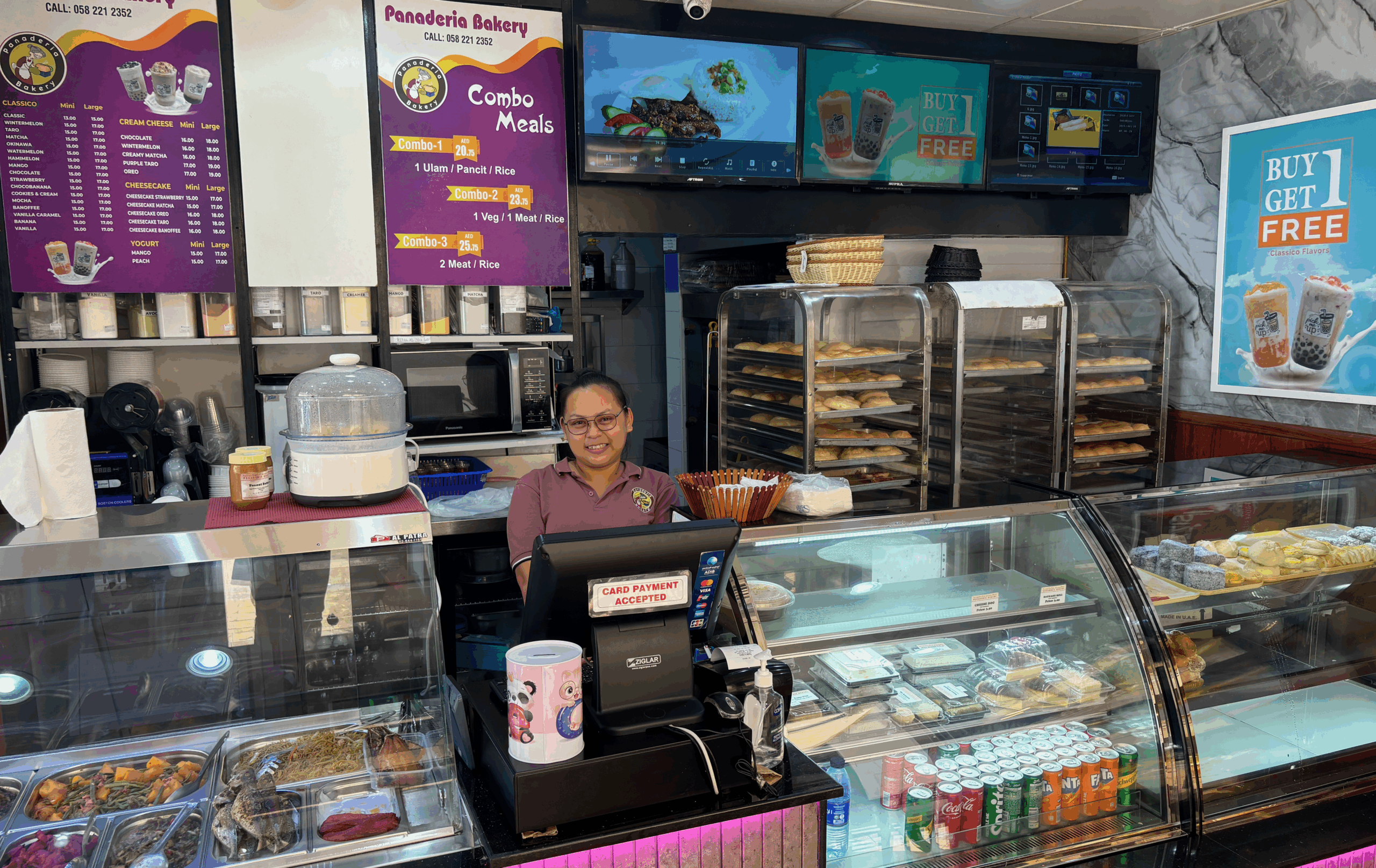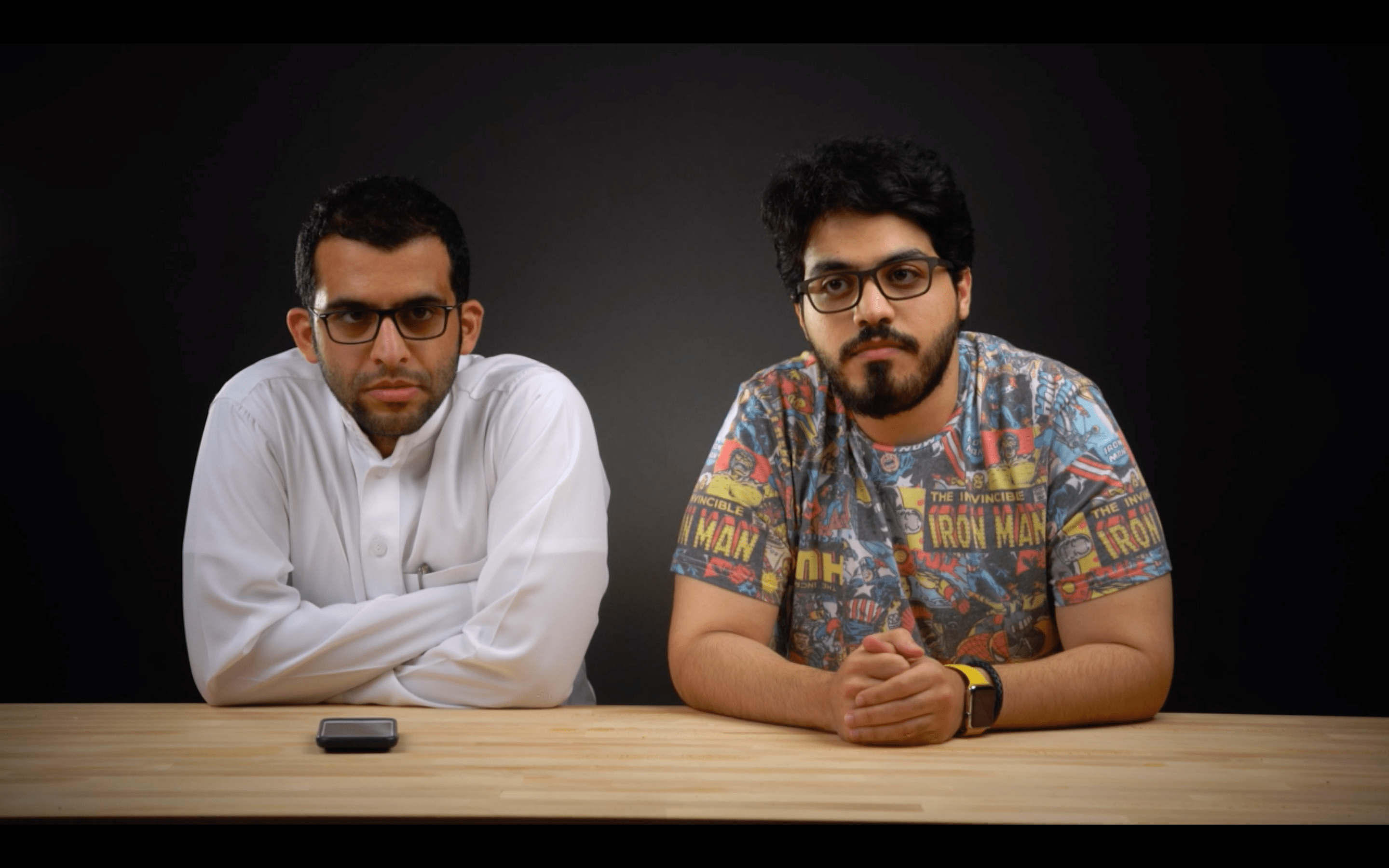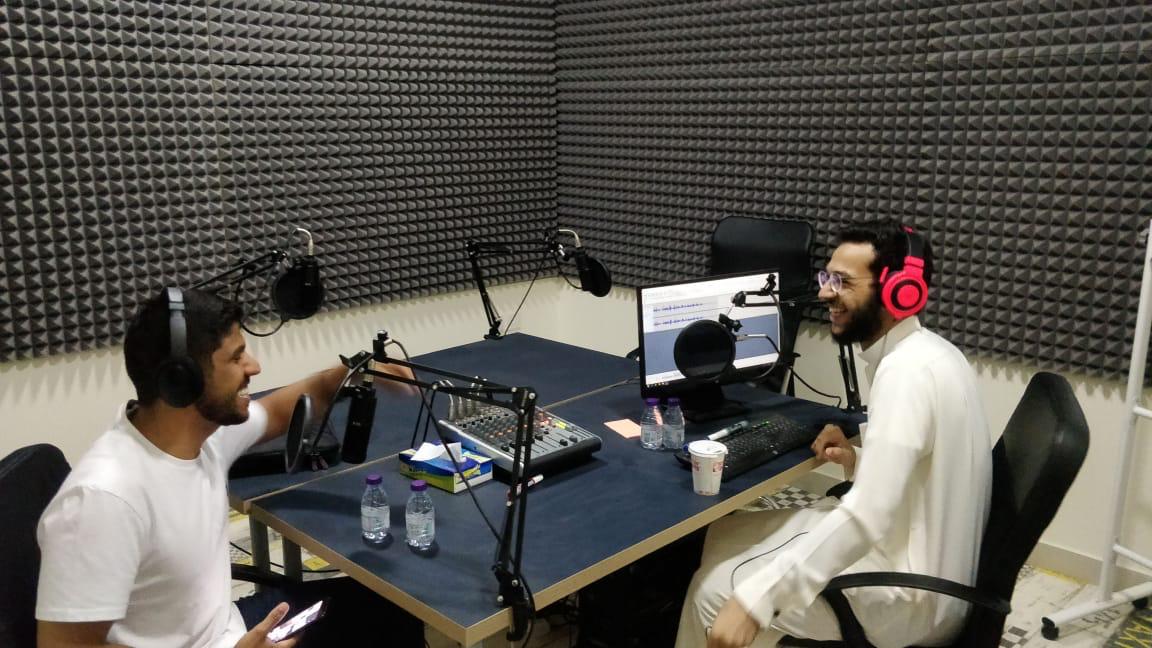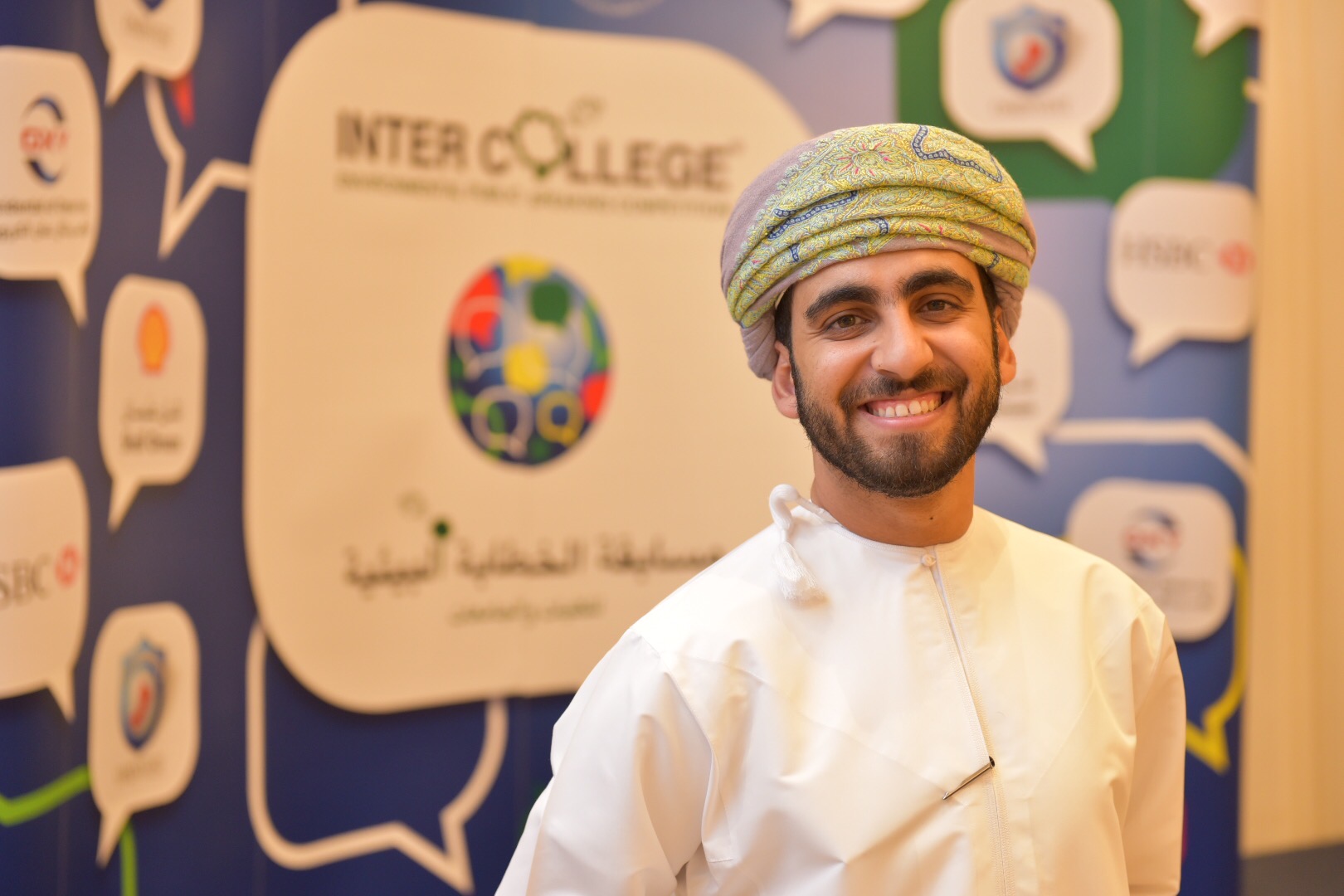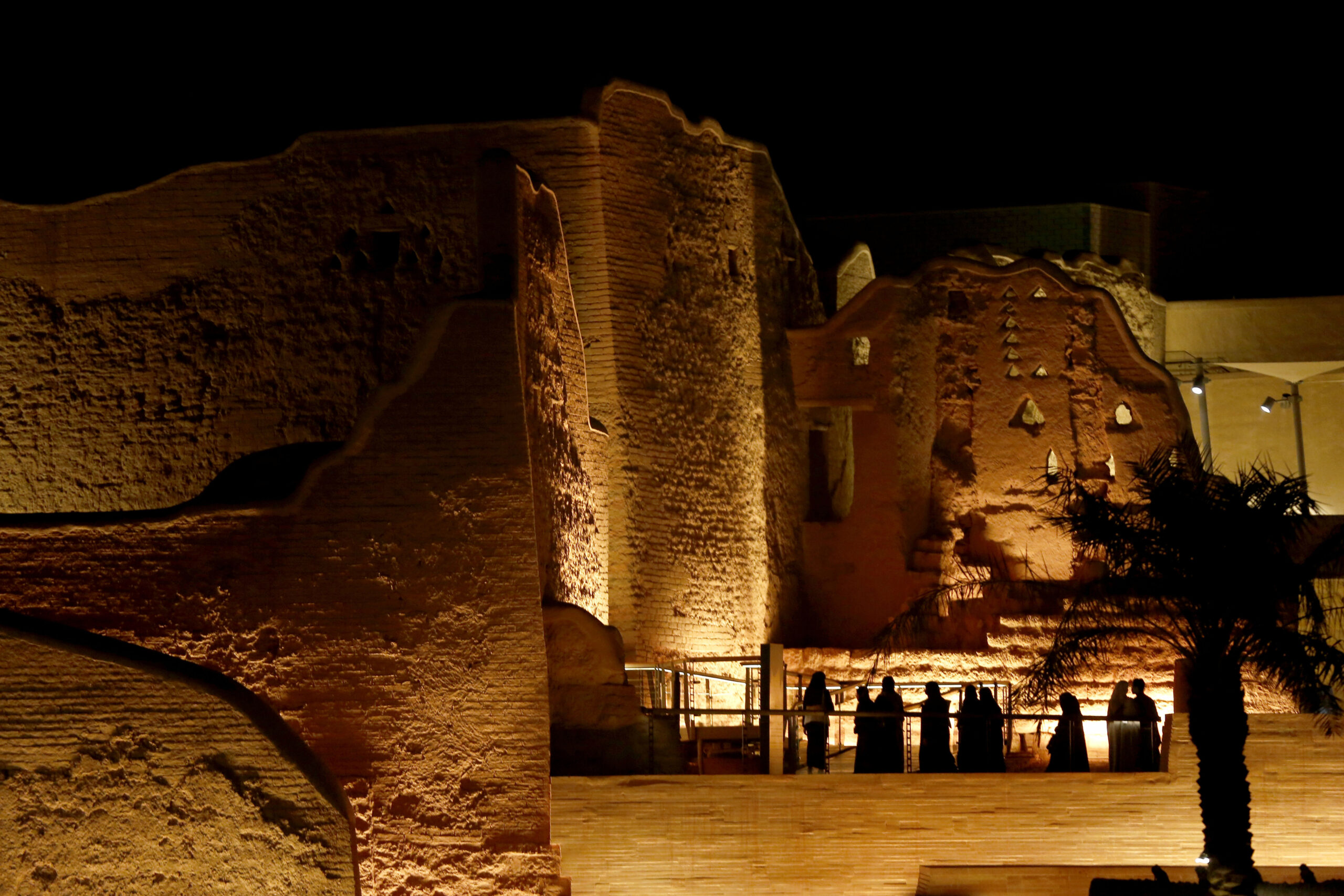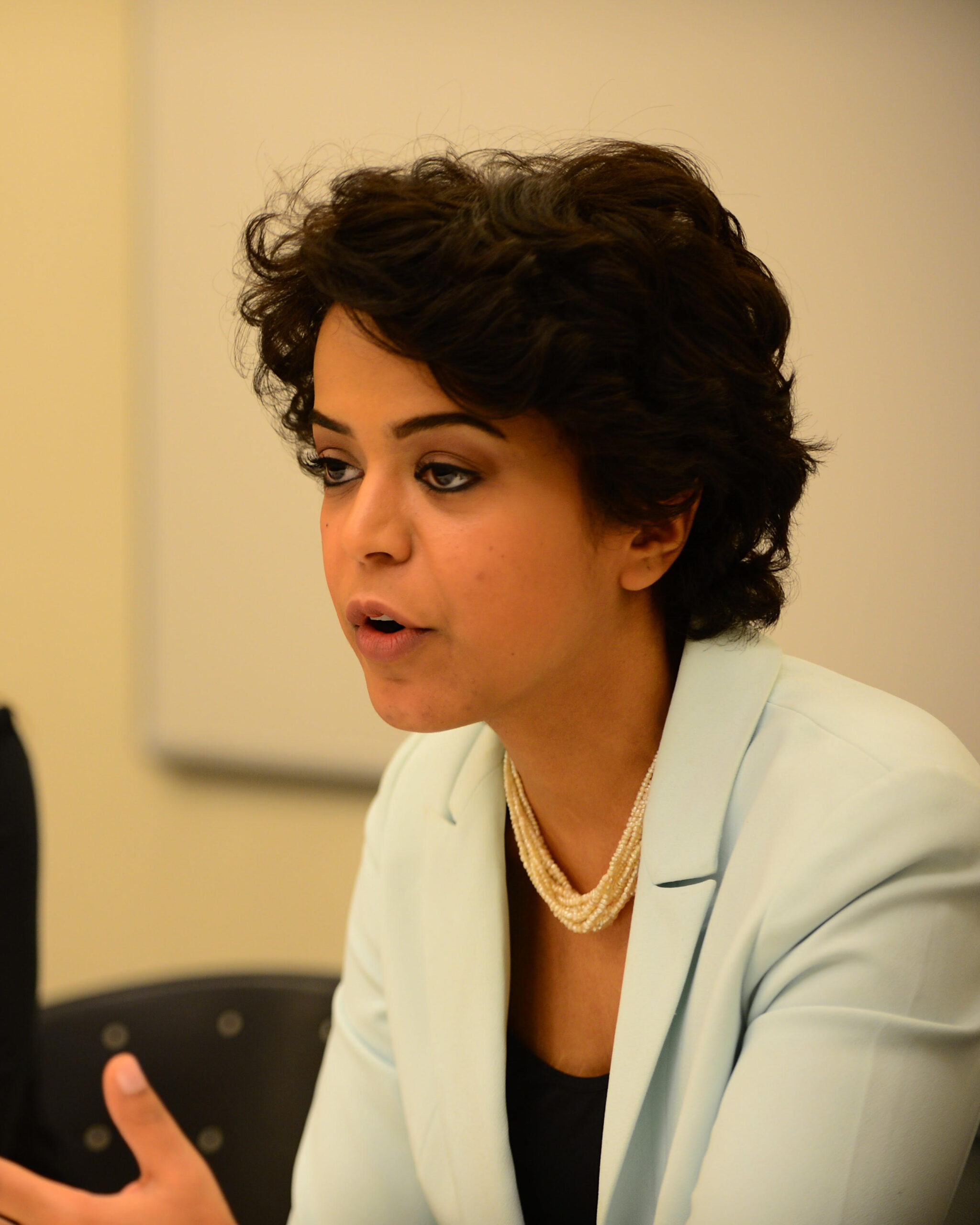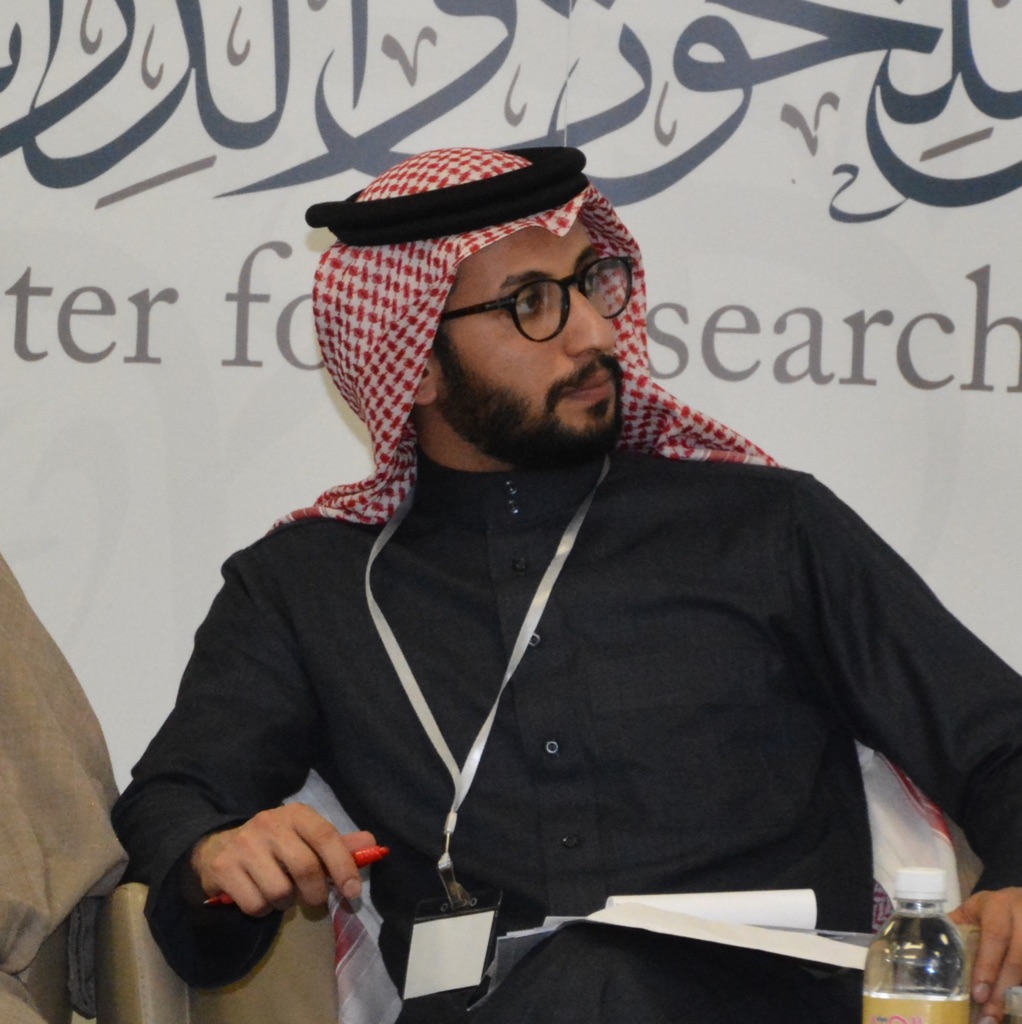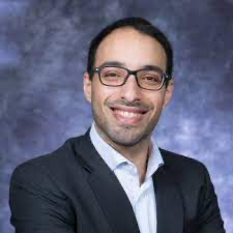The Blue Lake Farm: Pioneering Agritourism in the Gulf
AGSIW spoke with Ali al-Awadhi, executive manager of Nabta, to learn about the Blue Lake Farm and agritourism in Kuwait.
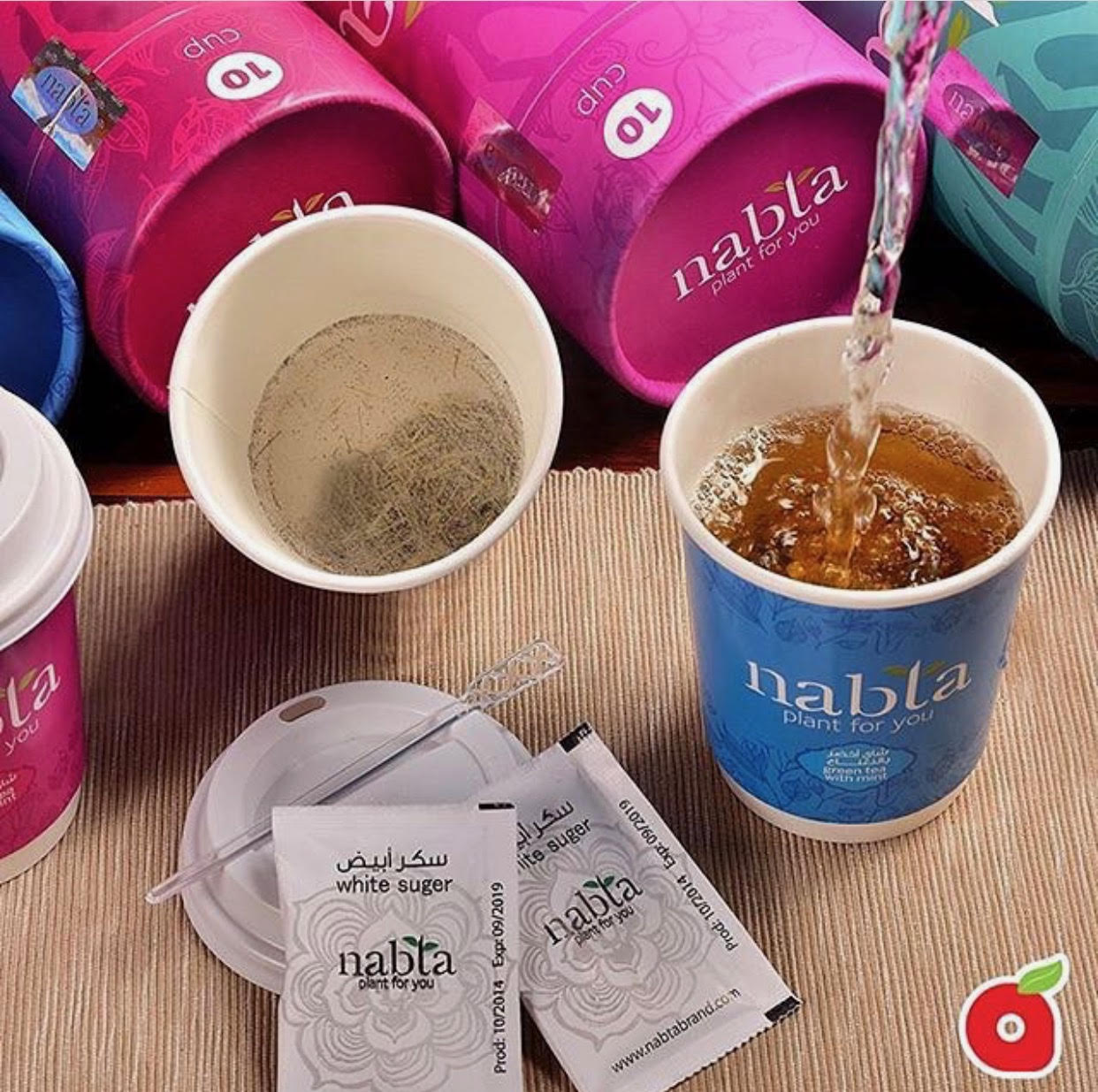
While agritourism, attracting visitors to farms, is growing in popularity in many parts of the world, it is unfamiliar in the Gulf countries. In Kuwait, the Blue Lake Farm is one of the leading farms in this field. Located in the Abdali area of northern Kuwait, the farm opens up to the public at the end of each week and educates visitors about the different sections of the farm and the different growing seasons of vegetables and fruits produced by the farm. The farm has become a very famous destination among Kuwaitis and people from other Gulf countries who have come to enjoy their time there. The Blue Lake Farm has succeeded in creating a Kuwaiti agricultural brand and exports its products to the Gulf Cooperation Council market. AGSIW spoke with Ali al-Awadhi, the executive manager of Nabta to learn about his father’s farm and agritourism in Kuwait.
AGSIW: Since agritourism is not well-known in the Gulf region, how did you come up with this idea?
Ali: It started seven years ago. We used to sell our farm’s products in the Kuwaiti market, but we were always struggling with the price fluctuations and the market competition. Then my father, Abdulrahman al-Awadhi, the owner of the farm, came up with the idea of selling our harvest inside the farm so that the people can come from Kuwait City to the Abdali area to spend their day doing activities like picking vegetables and fruit and also learning about agriculture, and at the same time they can buy our products. We wanted to sell our produce in an easy and creative way.
View this post on Instagram
Video of Blue Lake Farm in northern Kuwait
AGSIW: Your farm became very famous not only among Kuwaiti society but also among many people in the other Gulf countries. How have you managed to keep this project successful?
Ali: The main reason is that we are keen to have new products every year and new activities as well. For instance, we started with picking fruit and vegetables and now we are allowing our visitors to go to pick flowers from our gardens, too. We planted sugar cane two years ago in our farm, thus Blue Lake is the first farm in Kuwait to grow sugar cane in a commercial quantity. Our visitors can buy sugar cane and extract juice from it while they are sitting in a sugar cane field. We also have a plant nursery where people can buy seeds. This is a pioneer experience for planting in Kuwait. We also designed the farm in a way that people can spend their day sitting to drink tea or coffee and they can even grill at the farm. All of this creates an environment for families to enjoy their time on the farm. This year we will start a new activity, animal feeding, in addition to establishing a bird sanctuary inside the farm.
AGSIW: You also provide some courses on your farm. Would you tell us more about them?
Ali: We educate our visitors about agriculture through courses that they can use in their home gardens to plant things such as sugar cane, strawberry cultivation, flower decoration, and many others. Currently, my father is giving online courses as well.
AGSIW: After your long experience in agritourism, do you think that this kind of tourism can became popular in the Gulf region?
Ali: Yes. We were contacted by farm owners in Saudi Arabia and Bahrain who want to mimic our experience with strawberry agriculture, for instance. Also, the Ministry of Environment, Water, and Agriculture in Saudi Arabia does support agritourism. So, there are some modest efforts in that direction in almost all the Gulf countries, but this needs more seriousness and more hard work. I think the khaleeji market, in general, is ready for this new business, but we need serious people to start implementing this idea.
AGSIW: Do you receive support from any governmental or civil bodies in Kuwait to sustain your farm and the production of local products?
Ali: We still do not have laws that regulate or support agritourism in Kuwait since it is still a new field. But we receive a wide range of visitors on the farm, like ministers, sheikhs, and academics and they all show support for our project, which is unofficial support. Now there are several farms in Kuwait trying to mimic our project and they have different specialties like fish, cheese, and bird farms. We try to cooperate with them and make our farms complementary to one another.
AGSIW: One of your famous projects is Nabta (Plant). Would you give us more details about this project?
Ali: One of the products we plant and sell on the farm is aromatic herbs like mint. Those herbs are very popular in the Gulf where people usually drink them with tea. Hence, I wanted to take advantage of this popularity and sell our herbs in an unorthodox way. In 2013, I went to visit different farms and agricultural exhibitions around the world to get new ideas on packing and marketing, and I came up with the idea of selling ready-to-use tea cups filled with different blends of herbs and tea leaves. We named these cups “Nabta.” By 2015, Nabta became popular in different Kuwaiti markets and the project expanded and we exported our teacups to other markets in some of the Gulf countries, but we were still distributing the product on a limited scale.
Later on, I noticed that instant Arabic coffee became a trend among khaleejis, especially the youth, which became an alternative to the traditional Arabic coffee that needs long preparation time. I wanted to compete with this market and introduce a unique product. I found a company in Denmark that manufactured bags that can hold hot water like a pot. To me, this was typically a dallah, or coffee pot. So, we collaborate with them and then we chose one of the top khaleeji Arabic coffee companies to sell their coffee and developed what we called “Dallat Nabta,” or Nabtah’s Pot, in 2016, which became a very original product of Arabic instant coffee in the Gulf region. Now we receive plenty of orders as the pot became highly popular in the khaleej and we have business agents in all the Gulf countries. Through the brand of “Nabta,” our farm became capable of exporting its product to all the Gulf countries.
AGSIW: Do you plan to export these khaleeji/Arab products internationally?
Ali: We do receive orders from numerous non-Arab countries like Japan, Azerbaijan, and Britain in addition to many Arab countries. The problem is that our product is targeted to the middle class and so our prices are considered high. Most of the countries want us to sell these products at low prices to make available to their people and to us this is problematic especially when you think about the costs that we would pay for taxes and shipping. So now we are considering the idea of producing low-cost products to export them to the international market and compete with the international products.
To learn more about Ali’s work, follow him on Instagram and check out Nabta’s website.
This post is part of a series on food culture in the Gulf.
The views represented herein are the author's or speaker's own and do not necessarily reflect the views of AGSI, its staff, or its board of directors.

